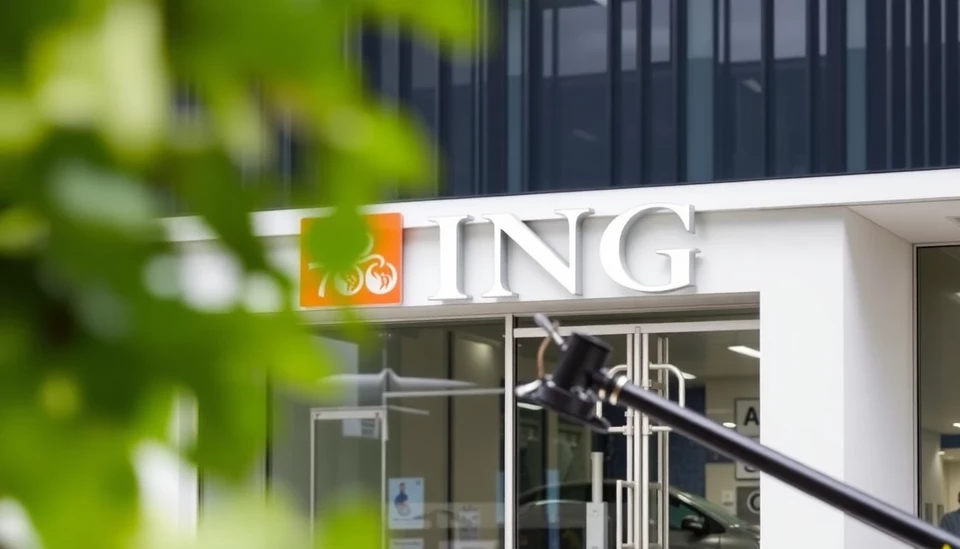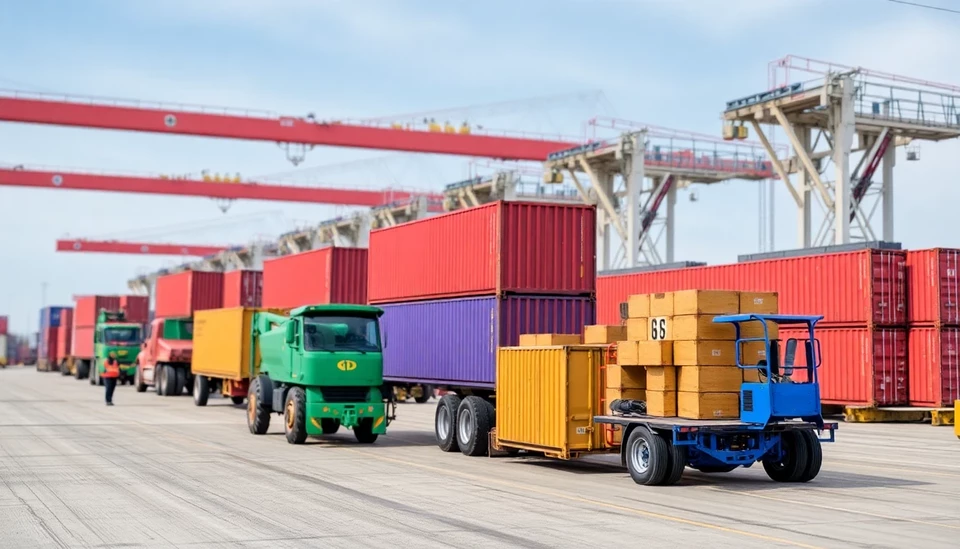
ING Group, one of the largest financial institutions in the Netherlands, has recently come under fire as it faces a lawsuit filed by the Dutch nonprofit organization, Milieudefensie. The environmental group accuses the bank of failing to adequately address and mitigate climate risks associated with its financing activities, particularly in connection with industries contributing significantly to carbon emissions.
The lawsuit highlights the growing concern among activists and environmental organizations regarding the role financial institutions play in climate change. Milieudefensie claims that ING has not sufficiently aligned its business practices with the goals set forth in the Paris Agreement, which aims to limit global warming to well below 2 degrees Celsius compared to pre-industrial levels.
According to Milieudefensie, ING's financial support for fossil fuel projects significantly undermines global efforts to combat climate change. The organization argues that the bank's actions are contradictory to its public commitment to sustainability and reducing its carbon footprint. As part of the lawsuit, Milieudefensie is seeking a judicial order mandating ING to adhere to climate targets that align with the Paris Agreement.
This legal action against ING is part of a broader movement where environmental groups are increasingly turning to the courts to hold corporations accountable for their impact on climate change. Following similar lawsuits in other countries, activists are gaining traction in their efforts to push companies to reconsider their investment strategies in light of environmental concerns.
ING has publicly responded to the allegations, emphasizing its commitment to sustainable banking practices and the efforts it has made to transition towards greener financing options. The bank insists it is taking steps to reduce its climate impact, including increasing investment in renewable energy and developing products that support a low-carbon economy.
However, critics argue that such measures are not enough, and merely shifting focus to renewable projects does not adequately address the immediate dangers posed by ongoing investments in fossil fuels. The conversation surrounding the role of financial institutions in climate change is becoming increasingly urgent, as organizations like Milieudefensie continue to advocate for more robust and enforceable climate policies.
The outcome of Milieudefensie's lawsuit against ING could set precedents for how financial institutions operate concerning climate change in the future. As judges and courts worldwide grapple with the implications of such legal actions, the stakes for financial giants like ING are higher than ever.
As the lawsuit unfolds, stakeholders within the banking industry and environmental advocates alike will be closely monitoring developments. The case may not only impact ING but could also inspire similar actions against other institutions and compel them to reevaluate their environmental policies.
With climate change already manifesting through extreme weather events and rising sea levels, the dialogue surrounding the responsibilities of financial sectors will likely continue to intensify in the coming years.
#ING #Milieudefensie #ClimateChange #Lawsuit #SustainableBanking #ParisAgreement #EnvironmentalJustice #FossilFuels #GreenFinance #ClimateAction
Author: Megan Clarke




